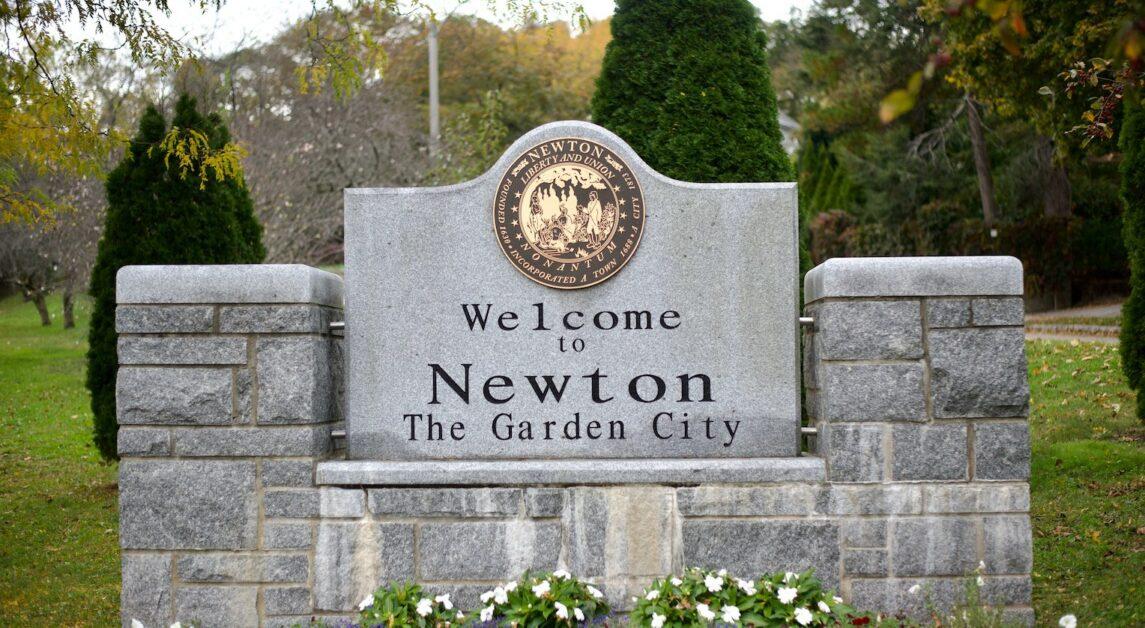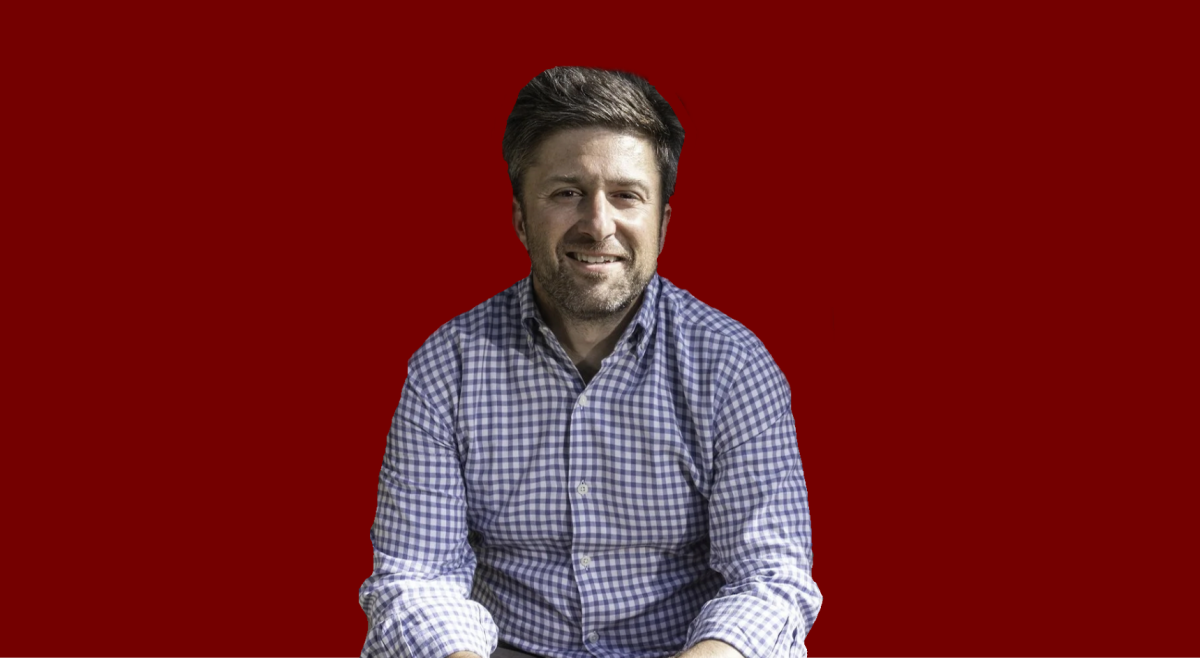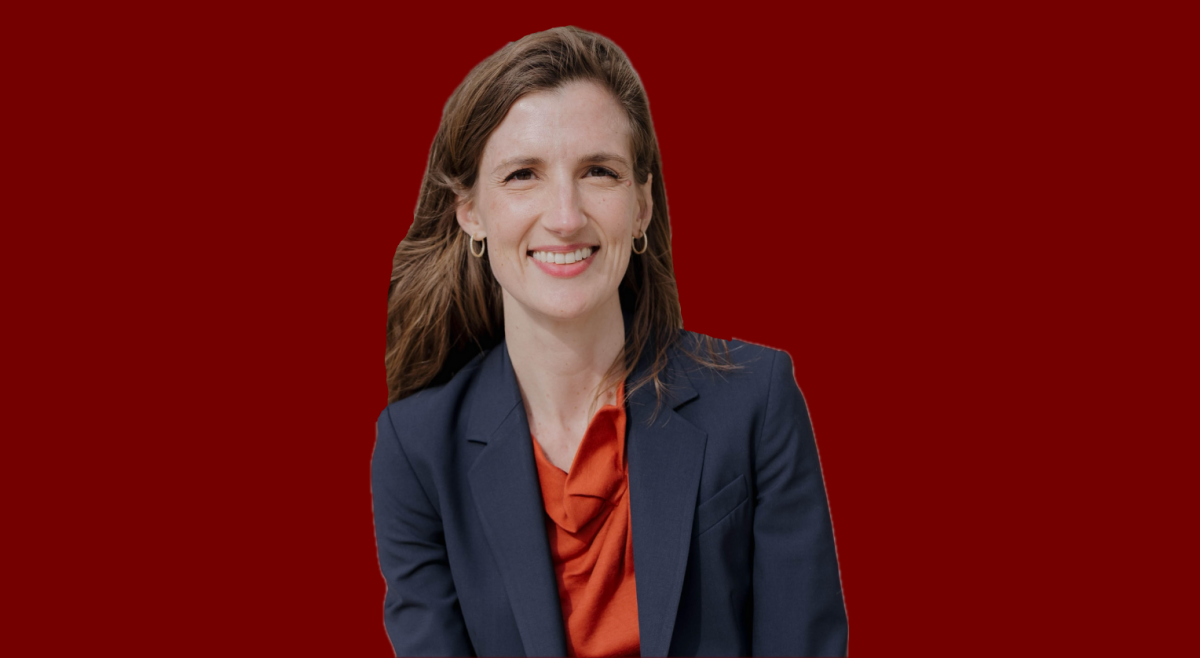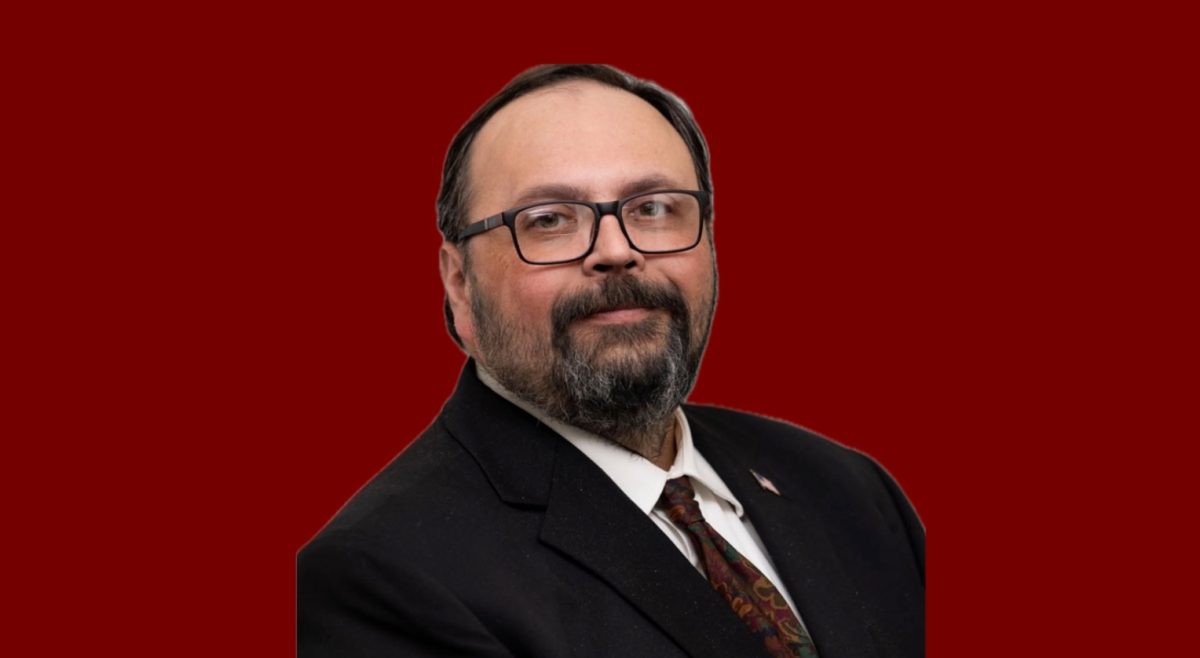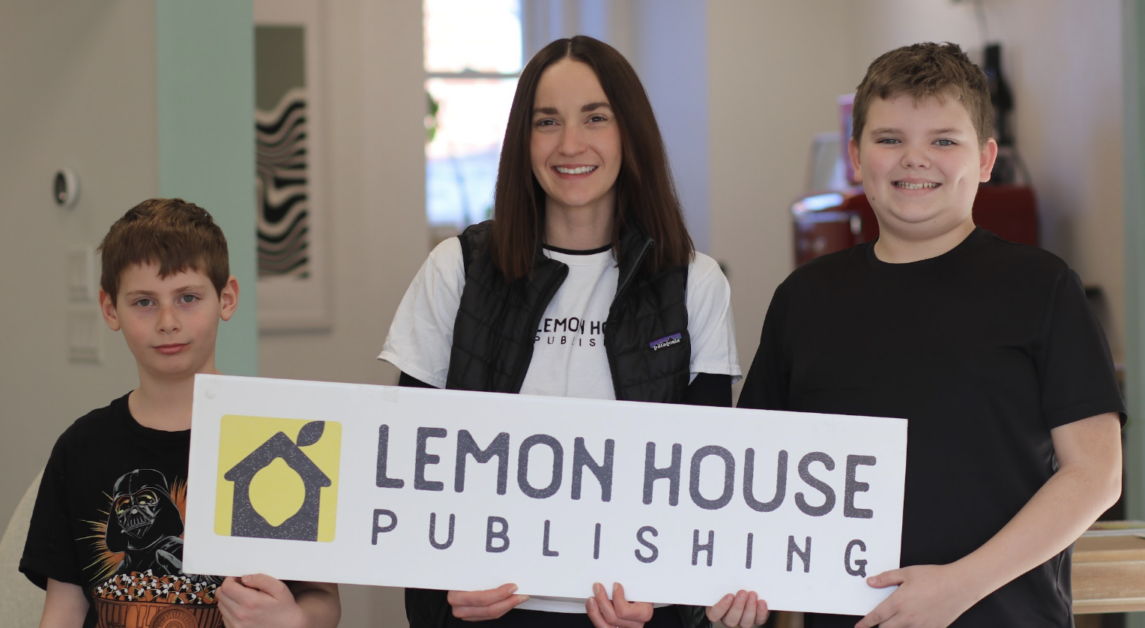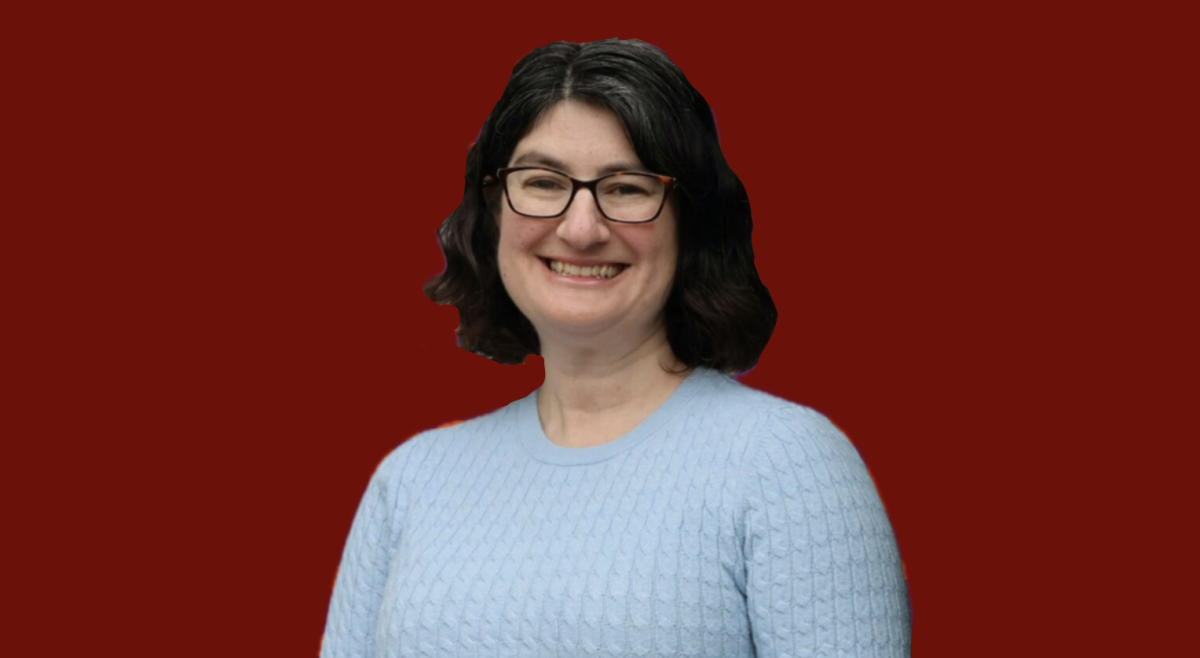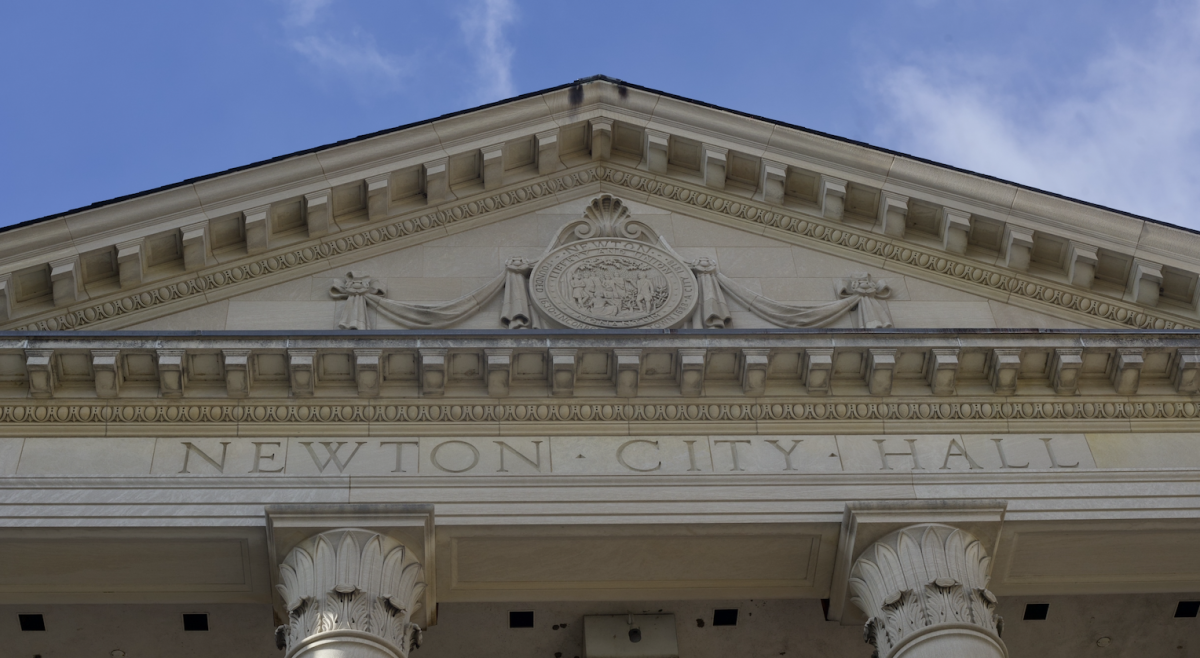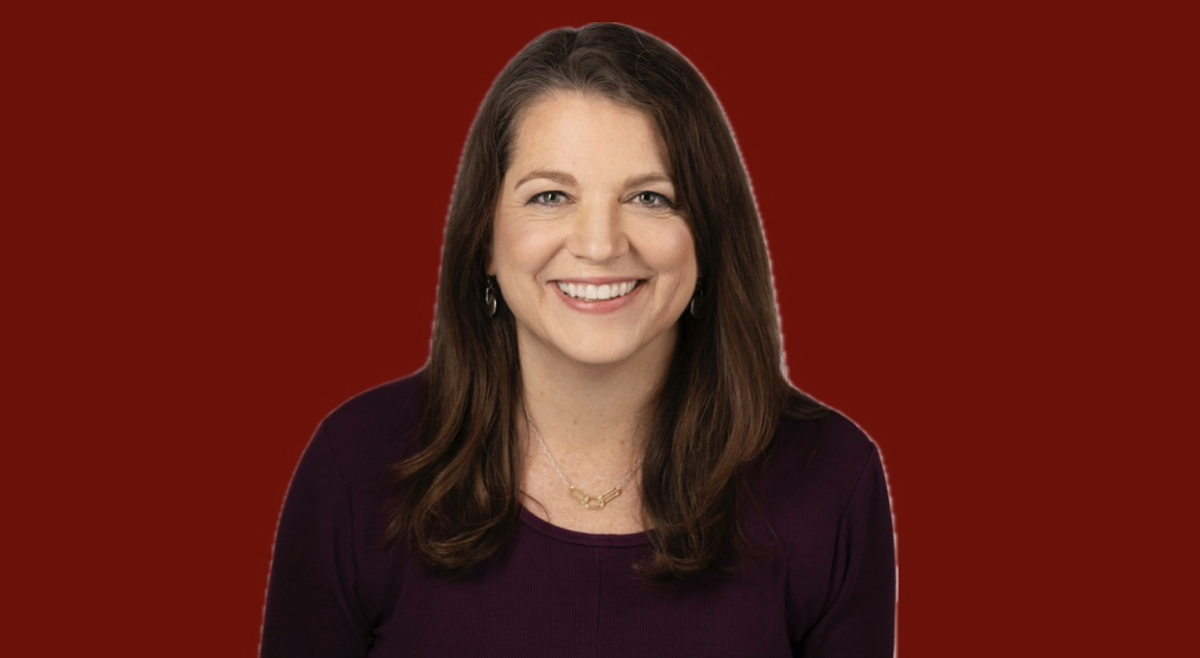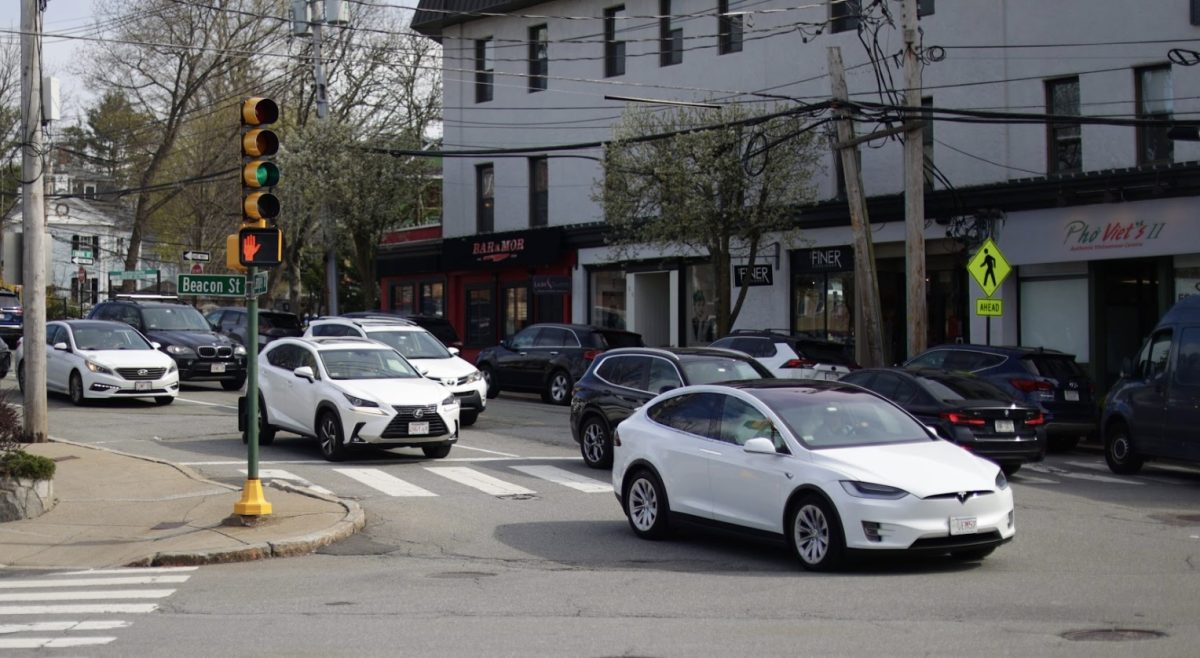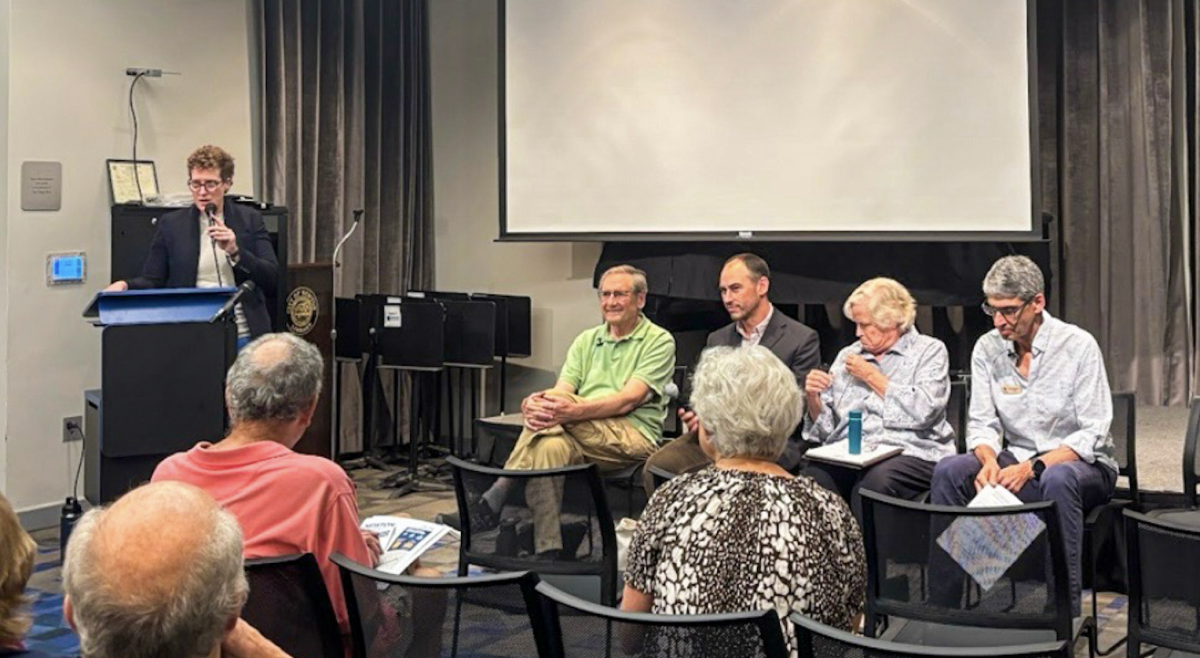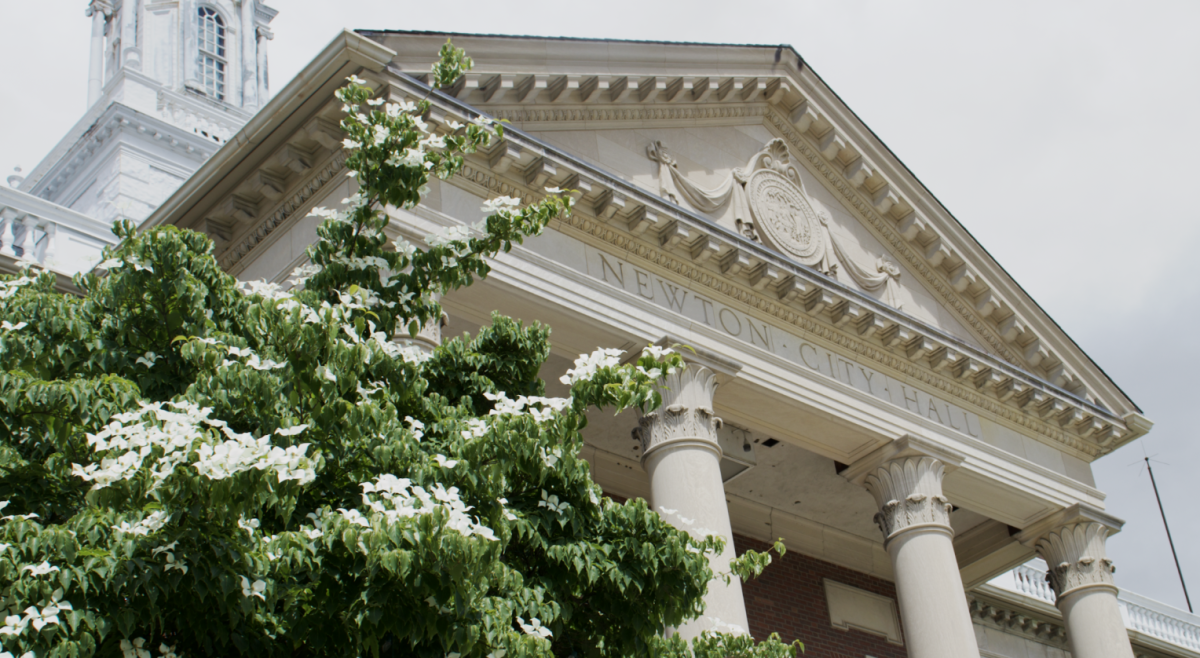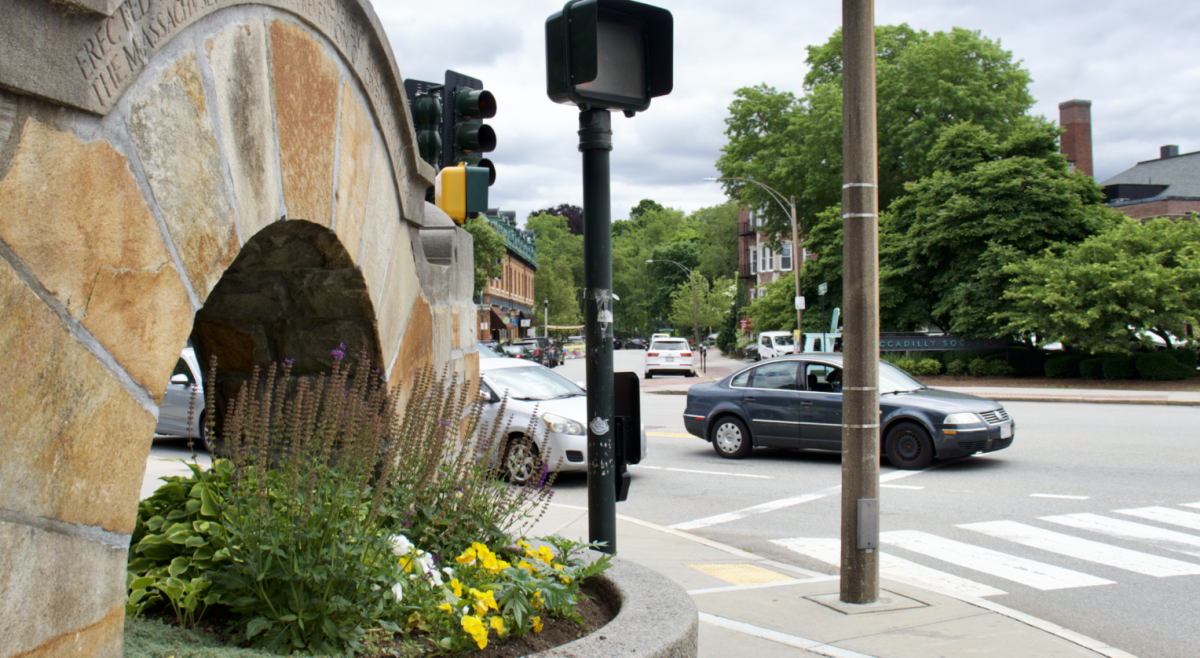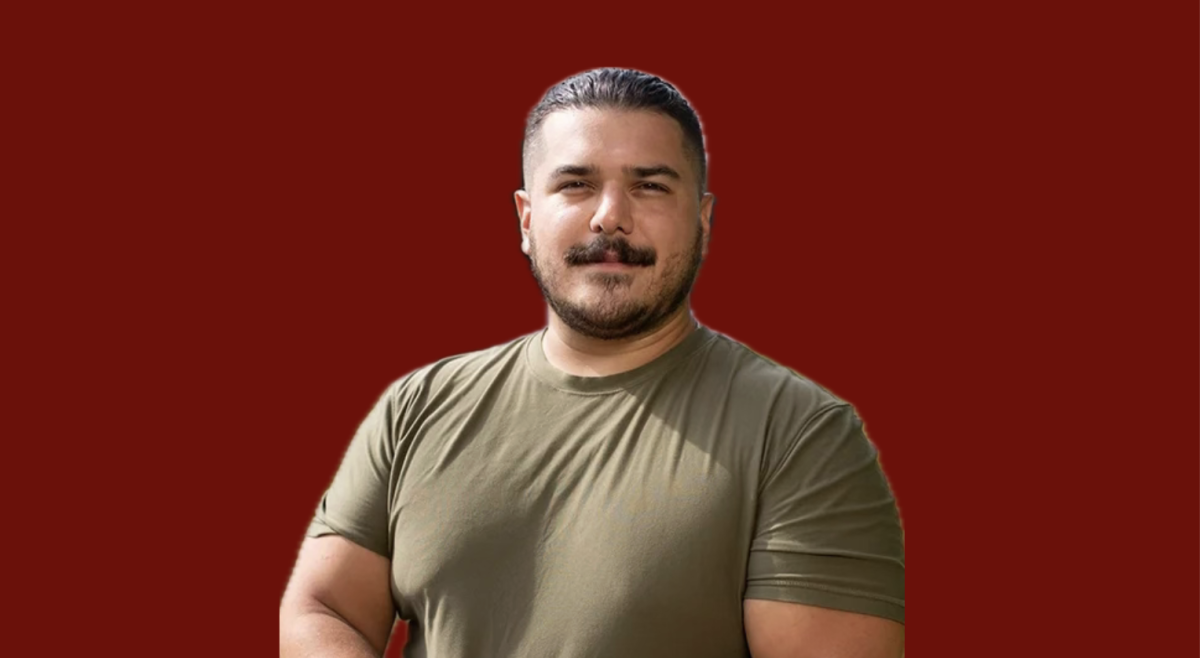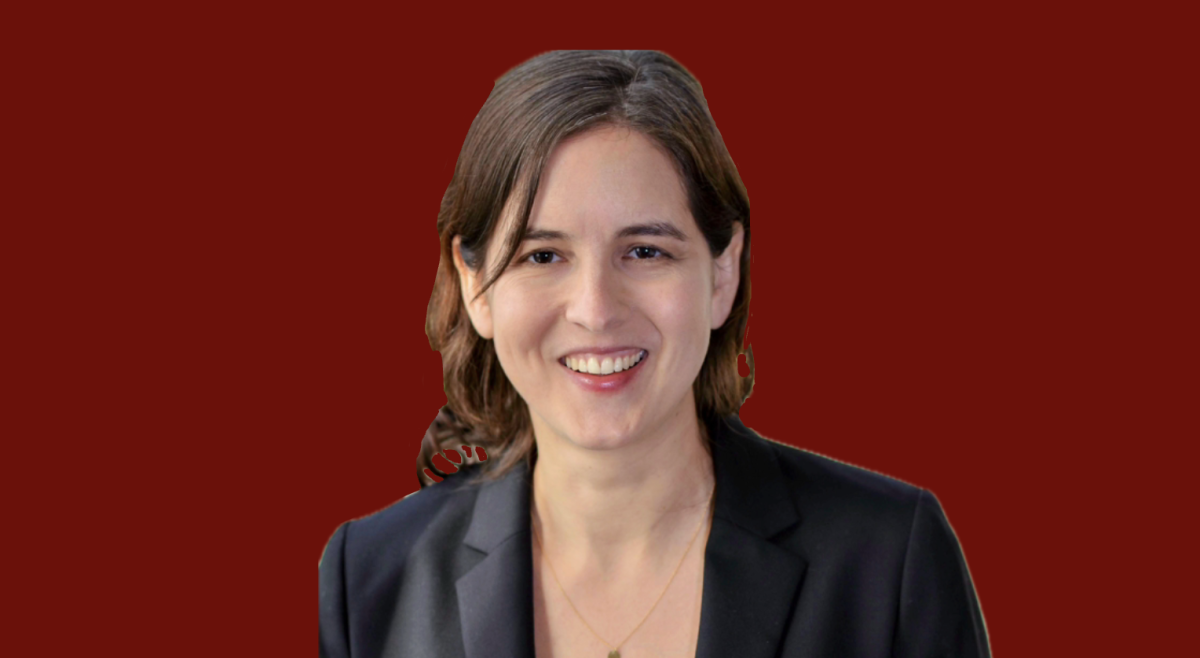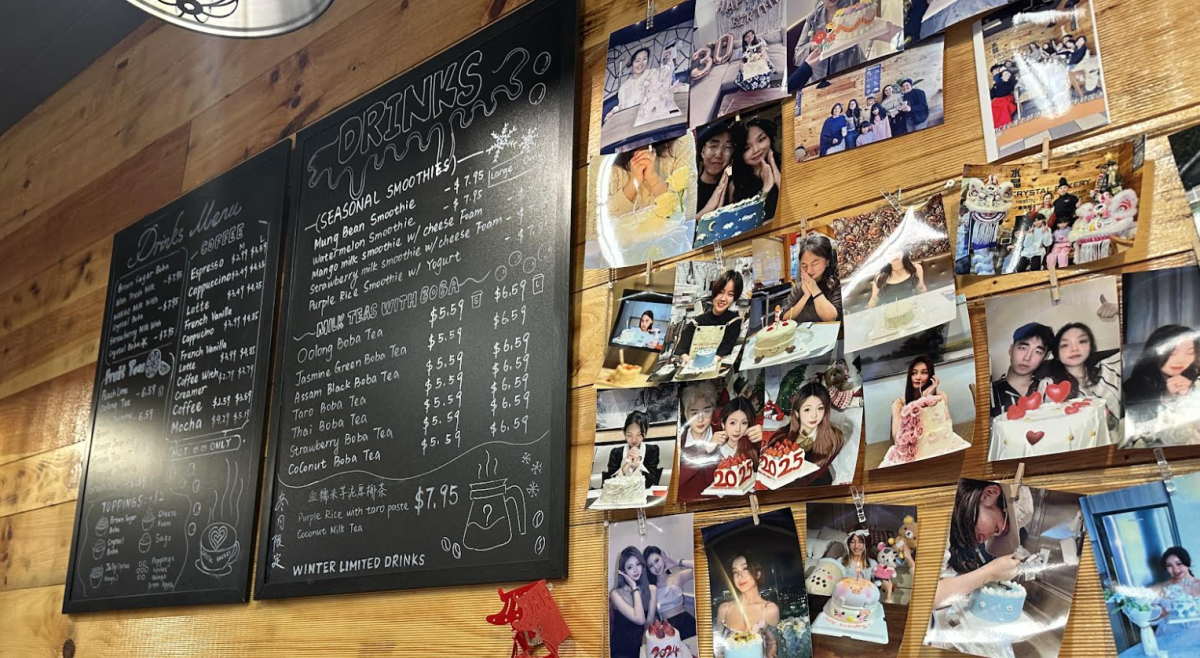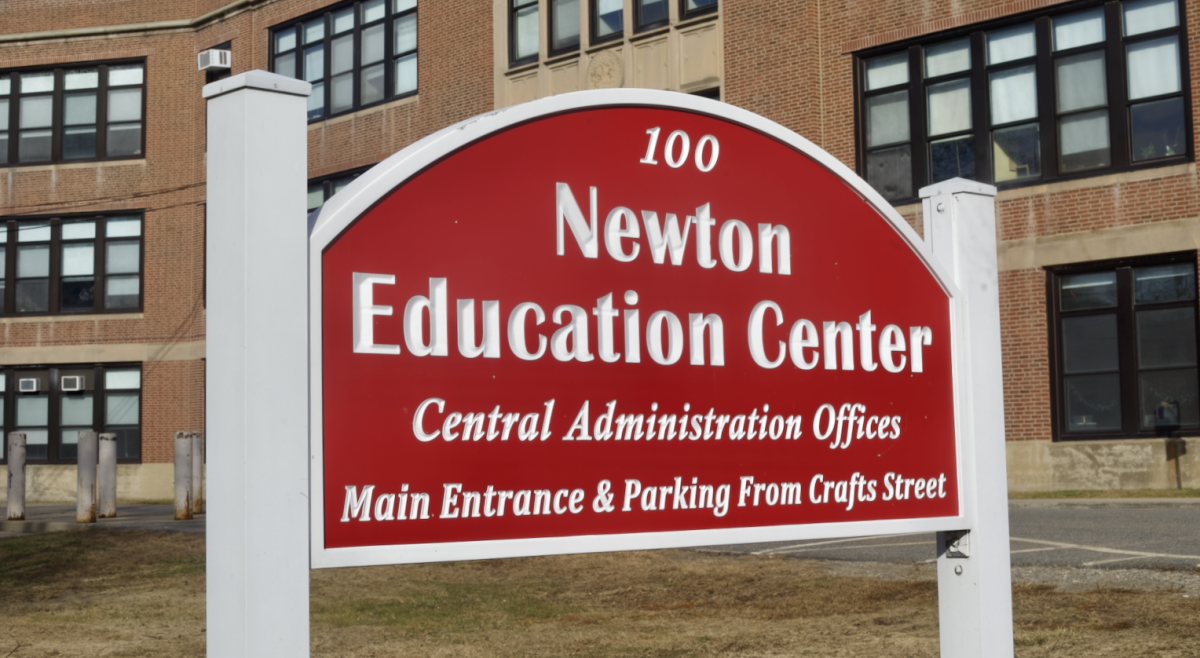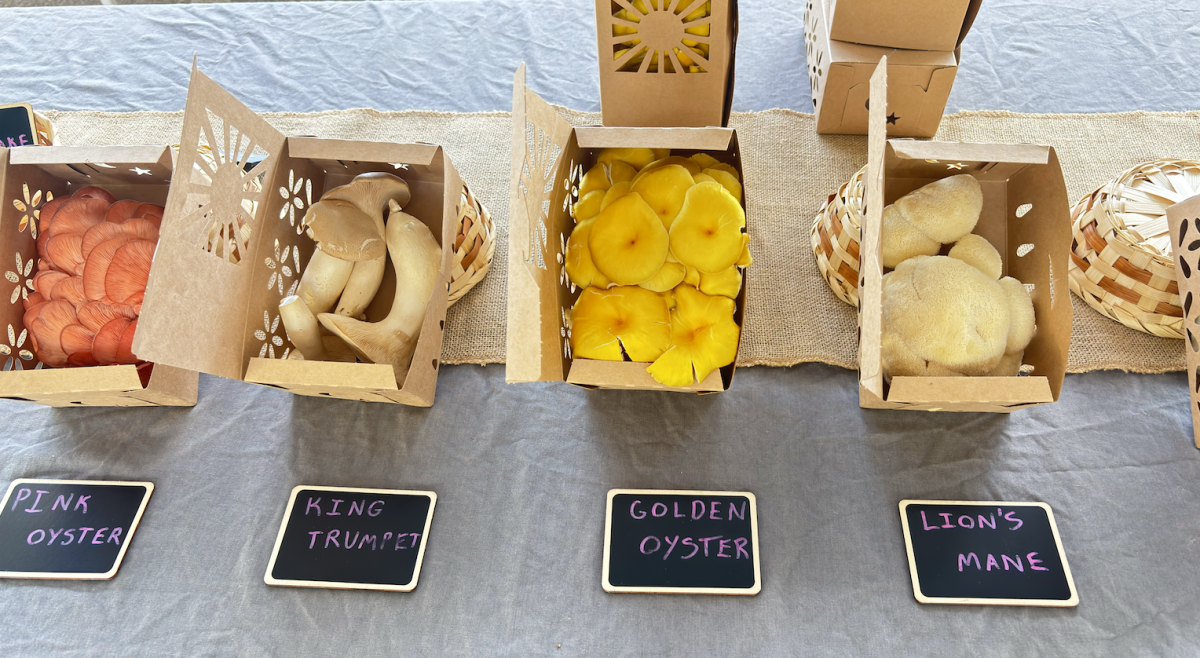In response to the onset of the Israel-Hamas war, Newton leaders and school district officials released statements and offered the city’s residents spaces for reflection. For some Jewish and Palestinian Newton residents, this response—as well as the response from other residents—has affected their lives in the city.
“We came here because it’s a rich and vibrant community, and we love living here,” said one resident with Palestinian roots, who wished to remain anonymous out of fear of retaliation. “And so it’s also sad for us to feel like we’re not wanted and like the trauma that we’re feeling is not justified.”
After Hamas—a Gaza-based Islamist political and military organization designated as a terrorist group by the United States—abducted hostages during an attack near the Israel-Gaza border, Israel declared war on Oct. 7. Newton residents of both Jewish and Palestinian backgrounds said they are struggling to make sense of the conflict’s effects on their lives in the city.
According to a Jewish resident named Yanina, who declined to give her last name out of fear of retaliation, she and other Jewish residents feel isolated by the dialogue surrounding the conflict, which she sees as failing to properly support her community.
“Even in a place like Newton, which is, again, so international, so filled with people that are here to pursue the American dream, so full of Jewish people as well, you still feel alone because—not only from the shock of what happened in Israel—but also from the shock of sort of the lack of this unanimous condemning of the attacks that happened in Israel,” Yanina said.
Jewish resident Nora Lester Murad and her Palestinian husband Hani Murad said Palestinian people around the world are facing mistreatment.
“You have the bitter reality where Palestine and Palestinians have been labeled for a long time as either a threat to the existence of Israel or the Zionist movement or broadly considered as terrorists, or they don’t kind of … deserve the same value or treatment like any other human being,” Hani Murad said.
This tension continues in Newton Public Schools (NPS), as district leaders work to address the war in classroom settings, according to the Murads.
According to the anonymous Newton resident, Palestinian and Arab parents are concerned about the lack of equitable counseling for their children in NPS.
“We don’t want our children to go to school and feel scared that they might be bullied or verbally abused or worse, for stating their opinions and we don’t want them to be afraid to ask for counseling support,” the resident said. “A lot of safe spaces are being created for Jewish and Israeli students but not for Palestinian or Arab students.”
The Murads said their daughters felt excluded in the district prior to the war, so they pulled them out of the school district.
“What our daughters experienced was such a hegemonic support for Israel, that just being Palestinian was somehow problematic or controversial or political and it was inappropriate and maybe dangerous or harmful to other students,” Nora Lester Murad said. “There really wasn’t space for views or even life experiences that challenge that dominant narrative.”
Newton resident Retsef Levi, a professor at the Massachusetts Institute of Technology and former Israel Defense Forces intelligence officer, specifically criticized NPS communications following the Oct. 7 attacks. He said communication from the district did not address the war as a terror attack.
“And nothing there was calling out the terror attack, the vicious terror attack and murder of so many people by Hamas,” he said.
Newton South High School Principal Tamara Stras revised an initial statement titled “Response to Violence in Israel,” which was issued on Oct. 9, after backlash from community members. According to Yanina, the high school’s initial communication about the attacks on Oct. 7 did not adequately condemn the attacks, and in doing so isolated the Jewish community.
“It really makes Jewish people right now just feel alone and unsupported,” she said. “It was just one of the both-isms … you know, it’s erasing the gravity and the trauma of what happened in Israel.”
The anonymous resident said that following the attacks, the societal discourse surrounding Palestinians equates them to Hamas, depicting them as violent people.
“I’ve grown up as a Palestinian in a Palestinian household, I have family who are Palestinian who are living in Israel as citizens of Israel,” the resident said. “And everything I know about our culture is that it is a very warm and welcoming culture. It’s a very generous culture.”
The conversation surrounding the conflict has also unfairly depicted the Jewish community, according to Yanina.
“Jews are kind of looked at as this powerful, successful group of people, and we are sort of the enemy, we’re not the underdog, and it’s so wrong,” Yanina said. “The reality is that Jewish people have been pushed out, segregated, discriminated against, killed for now thousands of years … we’ve overcome that by staying mentally strong, having strong values, [and] helping each other out.”
Yanina said she has noticed a greater mobilization of the Jewish community in Newton toward educating other residents, including herself—she attended a Principal’s Morning Coffee meeting at Newton North High School for the first time after the Oct. 7 attacks.
“Traditionally many Jews have disagreed with each other when it comes to Israeli policy, but here, I think this has really brought the Jewish population together and made our voice a little bit louder,” she said.
As the war progresses, many residents continue to condemn the violence as they navigate its impact on their daily lives.
“I’m devastated at all loss of civilian life, and we’ve seen a lot of bad things on a global scale in our lifetimes,” the anonymous resident said. “But in this moment, it somehow hits a lot harder and a lot more raw … I’m feeling like it’s very difficult to be a Palestinian in Newton right now.”

